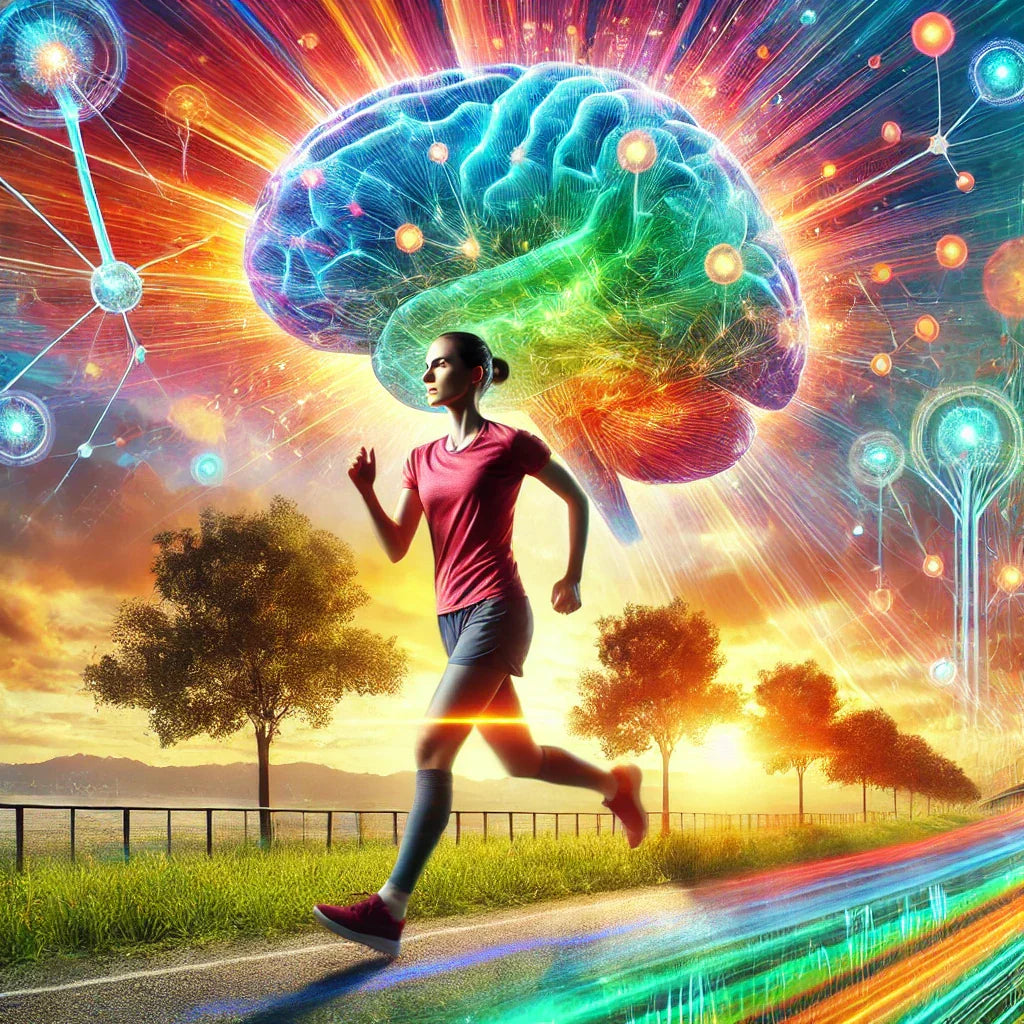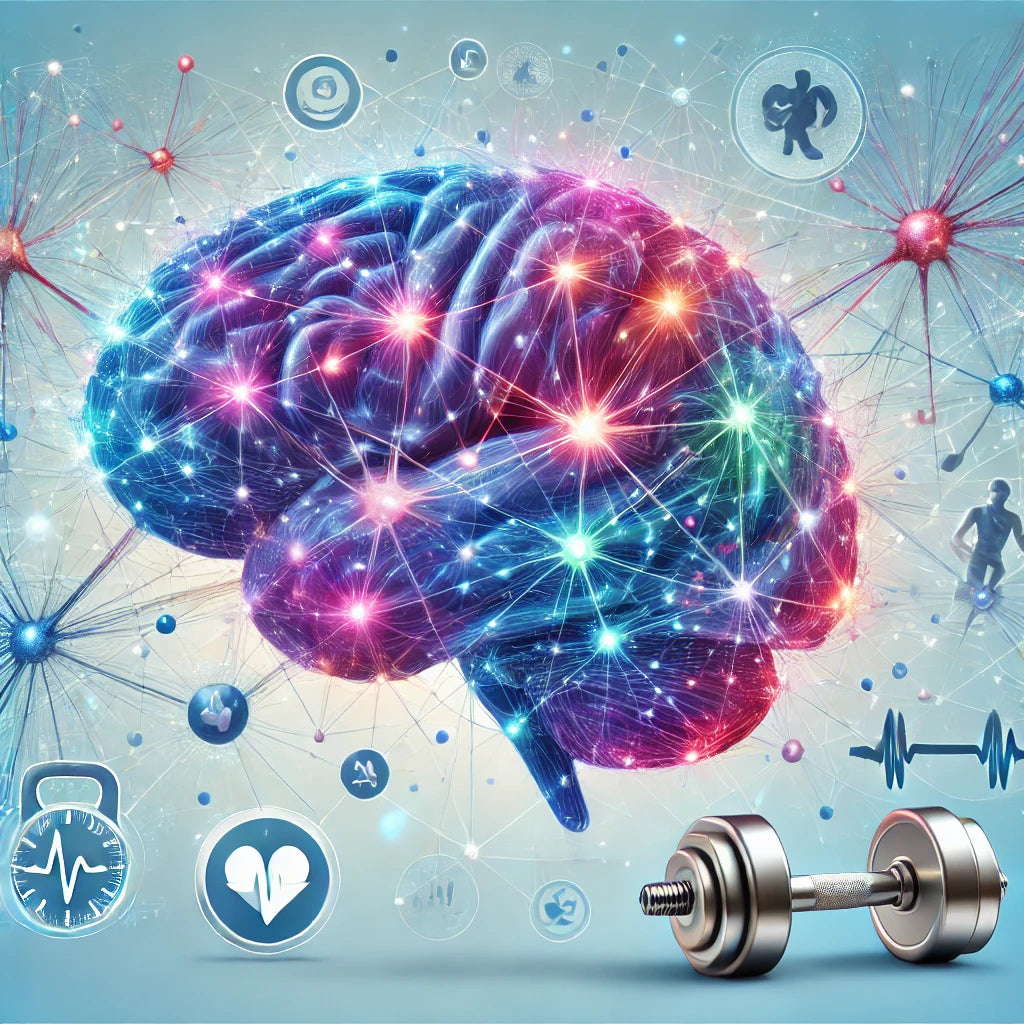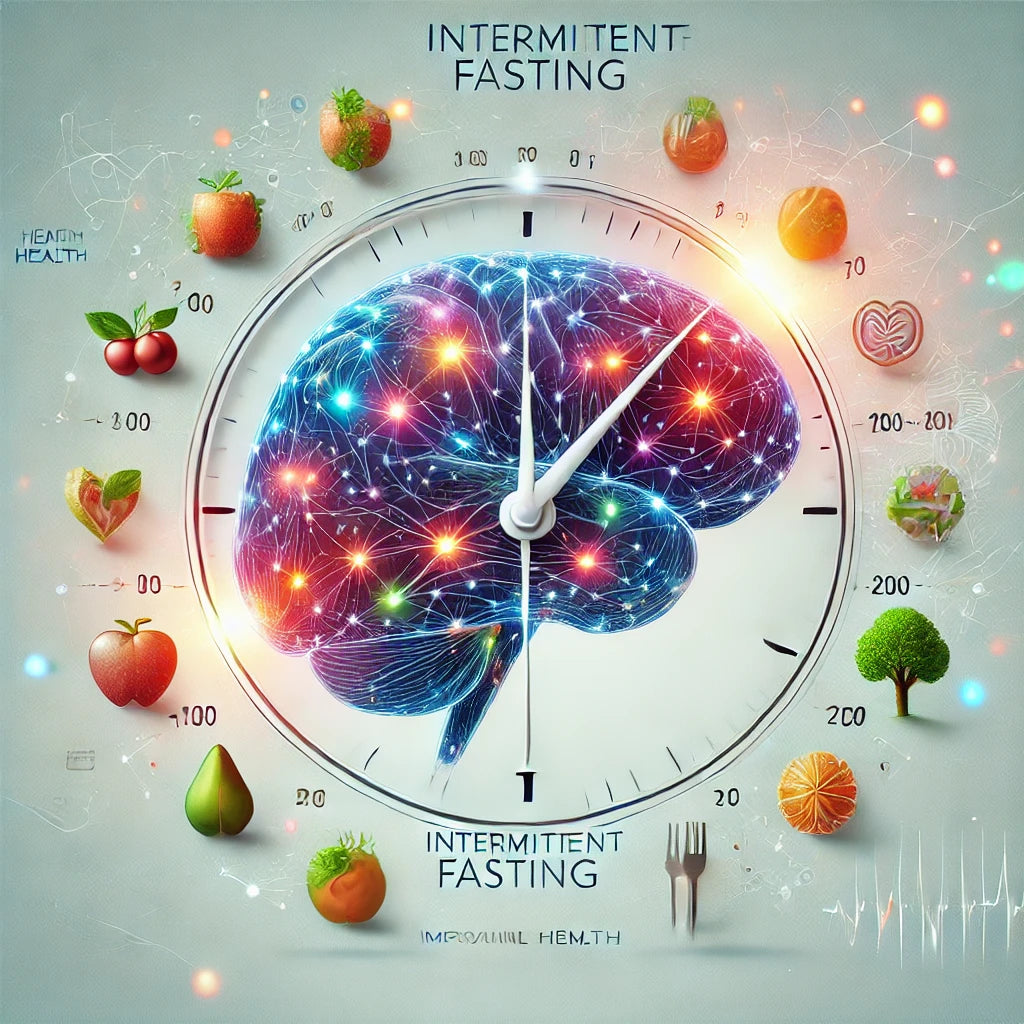News — neurogenesis
Lion’s Mane Mushroom and Nerve Regeneration: What the Research Reveals
Alzheimer’s natural support brain plasticity cognitive health erinacines hericenones Lion’s Mane mushroom medicinal mushrooms memory support mushroom supplements mycelium vs fruiting body natural nootropics nerve regeneration nerve repair neurodegenerative disease neurogenesis neuropathy support neuroprotection neurotrophic factors NGF stimulation Parkinson’s mushroom research
In the world of medicinal mushrooms, Lion’s Mane (Hericium erinaceus) has carved out a reputation not just as a culinary delicacy but as a powerful brain and nerve tonic. Known for its cascading white spines that resemble a lion’s mane, this mushroom has been used in traditional Chinese and Japanese medicine for centuries to support cognitive health, digestion, and vitality.
Modern science has taken particular interest in Lion’s Mane because of its potential role in nerve regeneration. Compounds found in the mushroom, such as hericenones and erinacines, appear to stimulate nerve growth factor (NGF), a protein essential for the growth and repair of neurons. With neurodegenerative diseases and cognitive decline on the rise, the possibility that a natural food could support nerve repair is nothing short of captivating. In this article, we’ll dive into the research on Lion’s Mane and nerve regeneration, explore the evidence behind its claims, and separate scientific promise from speculation.
The Brain-Boosting Power of Exercise: How Physical Activity Improves Cognitive Function
brain boosting cognitive function cognitive performance exercise exercise benefits fitness focus improved memory mental clarity mind-body connection neurogenesis physical activity wellness
Regular physical activity does more than just build muscle and burn calories—it has a profound effect on your brain.
In this article, we explore the science behind how exercise improves cognitive function, from boosting memory to enhancing focus and mental clarity. Whether you're a beginner or an experienced fitness enthusiast, you'll find practical tips and scientific insights to help you harness the brain-boosting power of exercise in your daily routine.
Exercise and Brain Plasticity: Enhancing Cognitive Health Through Physical Activity
aerobic exercise BDNF brain function brain plasticity cardiovascular health cognitive health cognitive resilience cognitive therapy endorphins exercise benefits hippocampus memory improvement mental agility mind-body exercises neurogenesis neuroplasticity neurotransmitters strength training stress reduction synaptic plasticity
Physical activity and cognitive health have a closer link than many realize, with mounting scientific evidence that exercise can profoundly impact brain plasticity and overall cognitive well-being. Brain plasticity, or neuroplasticity, is the brain’s remarkable ability to adapt, form new connections, and reorganize itself in response to learning and experience. The benefits of exercise extend beyond physical fitness; they stimulate mental agility, improve memory, and even bolster emotional health. Here, we’ll explore how exercise triggers neuroplasticity and the positive effects this has on the brain's structure and function.
Can Intermittent Fasting Improve Brain Health?
autophagy Brain Health cognitive function fasting benefits fasting tips inflammation insulin sensitivity intermittent fasting intermittent fasting types ketosis memory improvement mental clarity mood regulation neurodegenerative diseases neurogenesis oxidative stress




